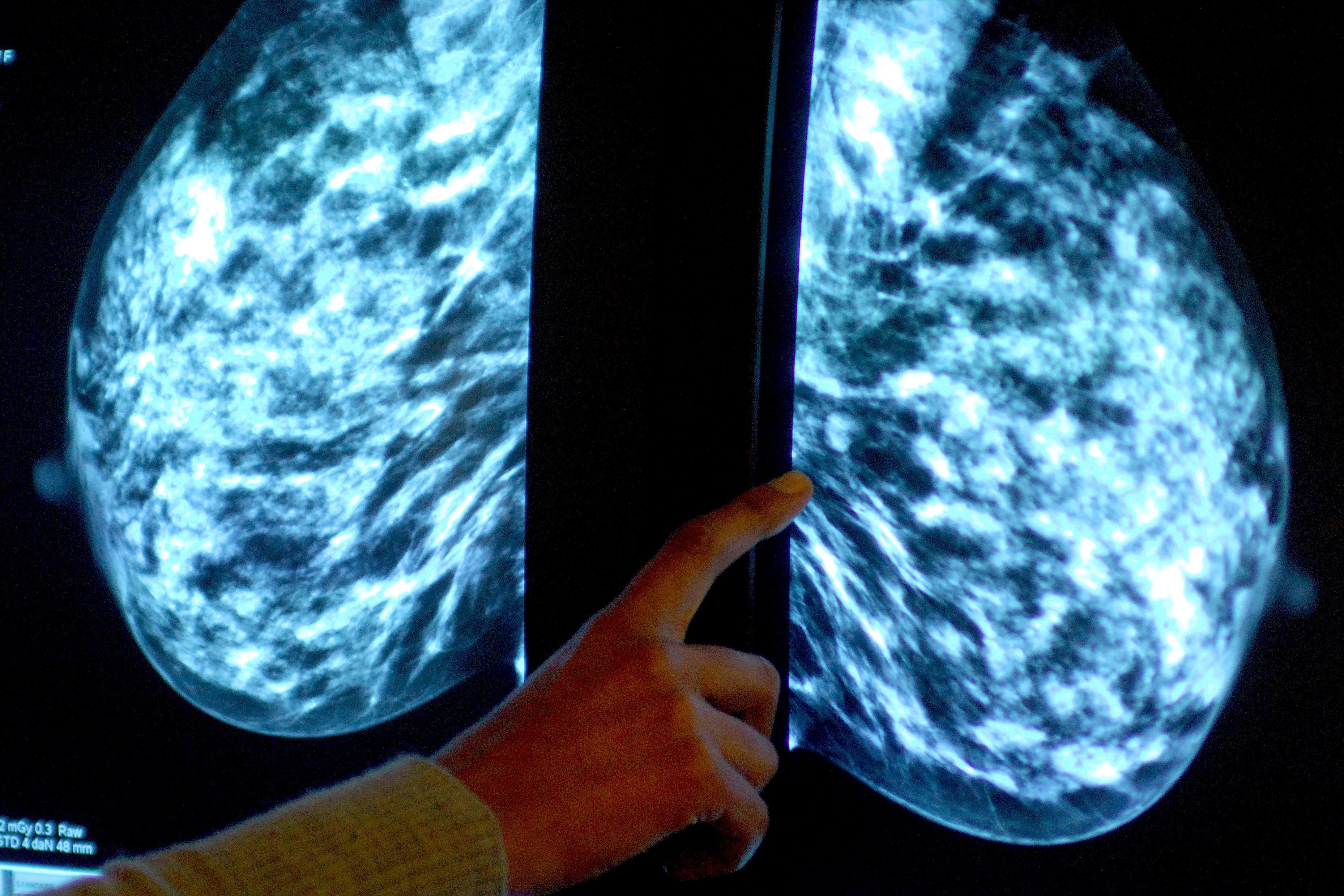Health experts call on public to ‘trust’ artificial intelligence
It comes as the National Institute for Health and Care Research released a collection of studies that looked at the benefits of AI technology.

Your support helps us to tell the story
From reproductive rights to climate change to Big Tech, The Independent is on the ground when the story is developing. Whether it's investigating the financials of Elon Musk's pro-Trump PAC or producing our latest documentary, 'The A Word', which shines a light on the American women fighting for reproductive rights, we know how important it is to parse out the facts from the messaging.
At such a critical moment in US history, we need reporters on the ground. Your donation allows us to keep sending journalists to speak to both sides of the story.
The Independent is trusted by Americans across the entire political spectrum. And unlike many other quality news outlets, we choose not to lock Americans out of our reporting and analysis with paywalls. We believe quality journalism should be available to everyone, paid for by those who can afford it.
Your support makes all the difference.Health experts have urged the public to “trust” artificial intelligence (AI) to ensure better outcomes for NHS patients.
They also said how the world interacts with the emerging technology will determine whether it brings benefits or risks.
It comes as a collection of studies was released by the National Institute for Health and Care Research (NIHR) to demonstrate the usefulness of the technology in the health service.
The pieces of research showcased in the report were published between 2020 and 2023, and explored how AI can be used across a number of key areas.
These include the detection of heart disease through “smart stethoscopes”, and diagnosing lung cancer more accurately, with AI-powered systems reading patients’ CT scans.
The noise around this issue has become increasingly loud. But as is so often the case with new technologies, how we choose to use AI will determine whether it brings benefit or risk to our lives
The NIHR said the collection of studies is “a small but current sample of the research addressing important health challenges” and “add to the mounting body of evidence demonstrating the benefits” of AI.
Professor Mike Lewis, scientific director for innovation at the NIHR, said people are becoming more aware that AI has the “potential” to “change our lives – in both good and bad ways”.
“The noise around this issue has become increasingly loud,” he added. “But as is so often the case with new technologies, how we choose to use AI will determine whether it brings benefit or risk to our lives. And to understand that properly, we need to gather robust evidence.”
Prof Lewis said the research highlighted in the report “demonstrates the potential of AI to positively enhance our ability to treat disease and efficiently manage our vital health service”.
Other studies included in the round-up looked at the use of AI in predicting the progression of other diseases such as the bowel condition ulcerative colitis, and eye disease.
Elsewhere, AI could be used to help doctors personalise cancer care and relieve pressure on hospitals by helping paramedics predict which patients need to go to A&E.
Health Secretary Steve Barclay said AI is already “having a positive impact across the NHS”.
It is currently being used in a number of departments, such as reading mammograms and helping clinicians to diagnose strokes faster.
Mr Barclay added: “I am focused on making sure we can harness the best technological tools to deliver the highest quality care for patients.”
Dr Jemma Kwint, a senior research fellow at the NIHR and author of the report, said: “We all need to be able to trust AI and ensure that it does not increase inequalities in care.
“I hope the high quality studies selected for this collection are useful examples of the evidence we need to build trust in this advancing technology.
“Further research is needed to deepen our understanding of how these tools could work in routine clinical practice, their long-term effect on patient outcomes and their overall value for money.”